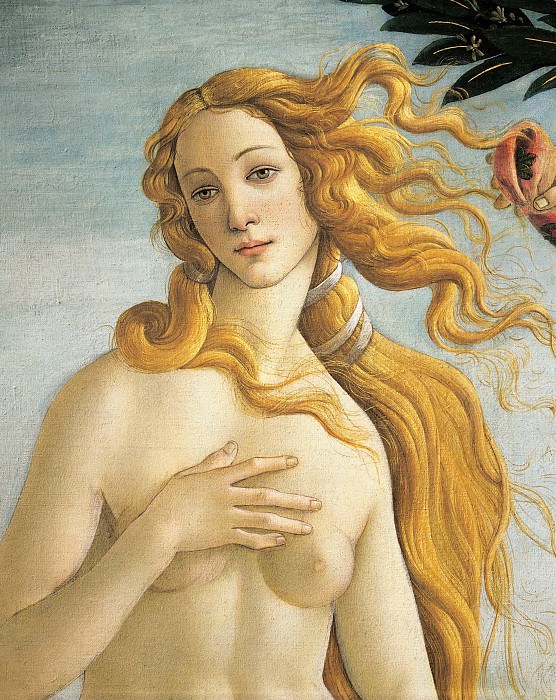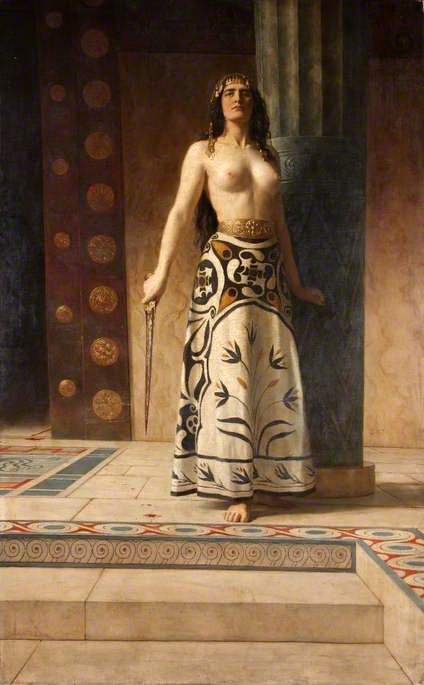Quentin Blake Art
Introduction to Quentin Blake
Quentin Blake is a name synonymous with whimsical and imaginative illustrations that have captivated the hearts of readers for decades. Born on December 16, 1932, in Sidcup, Kent, England, Blake's work is instantly recognizable for its unique style characterized by loose, expressive lines and vibrant, joyful colors. His illustrations have brought to life the stories of some of the most beloved children's authors, including Roald Dahl, and have established him as one of the most important figures in the world of children's literature and art.
Early Life and Education
Quentin Blake's love for drawing began at an early age. As a child, he would spend hours sketching and doodling, a passion that was encouraged by his family. His formal education in art started at the prestigious Chelsea School of Art, where he honed his skills and developed his distinctive style. After Chelsea, he attended the University of London, where he studied education and later completed a postgraduate course in painting at the Royal College of Art.
Blake's education played a significant role in shaping his artistic vision. At the Royal College of Art, he was exposed to various styles and techniques, which helped him refine his approach to illustration. His time at the Royal College also marked the beginning of his career as an illustrator, as he started contributing to magazines and creating illustrations for books.
Career Beginnings
Quentin Blake's professional career took off in the late 1950s when he began illustrating for Punch magazine. His witty and humorous illustrations quickly gained popularity, leading to more opportunities in the publishing world. His big break came in 1960 when he illustrated his first children's book, "A Drink of Water," written by John Yeoman. This collaboration marked the beginning of a long and fruitful partnership with Yeoman, as well as the start of Blake's illustrious career in children's literature.
Throughout the 1960s and 1970s, Blake illustrated numerous children's books, working with a variety of authors. His ability to capture the essence of a story and bring characters to life through his illustrations made him a sought-after illustrator. However, it was his collaboration with Roald Dahl that truly cemented his status as a legendary illustrator.
Collaboration with Roald Dahl
Quentin Blake's collaboration with Roald Dahl is one of the most iconic partnerships in children's literature. Their first project together was "The Enormous Crocodile," published in 1978. Blake's illustrations perfectly complemented Dahl's darkly humorous and imaginative storytelling, creating a seamless blend of text and image that captivated readers.
This successful collaboration continued with other beloved Dahl classics such as "The Twits," "The BFG," "Matilda," and "Charlie and the Chocolate Factory." Blake's illustrations became an integral part of Dahl's stories, helping to define the visual identity of Dahl's literary universe. The quirky characters and fantastical settings created by Blake became instantly recognizable, and his illustrations have become inseparable from Dahl's texts.
Artistic Style and Techniques
Quentin Blake's artistic style is characterized by its spontaneity, energy, and humor. His loose, expressive lines and vibrant watercolor washes create a sense of movement and liveliness in his illustrations. Blake often uses a limited color palette, focusing on bright, cheerful hues that add to the whimsical nature of his work.
One of Blake's signature techniques is his use of ink and watercolor. He begins by sketching the outline of his illustrations in pen or ink, creating dynamic and fluid lines. He then adds color using watercolors, allowing the paint to flow and blend naturally on the paper. This technique gives his illustrations a sense of immediacy and spontaneity, as if they were created in a burst of creative energy.
Blake's illustrations are known for their humor and wit. He has a remarkable ability to capture the essence of a character with just a few strokes of his pen, conveying emotions and personality through simple yet expressive lines. His characters often have exaggerated features and exaggerated expressions, adding to the playful and humorous tone of his work.
Legacy and Influence
Quentin Blake's contributions to children's literature and illustration have left an indelible mark on the world of art. His illustrations have not only brought joy to countless readers but have also inspired generations of artists and illustrators. His unique style and imaginative approach have set a standard for children's book illustration, influencing the way stories are visually interpreted.
In recognition of his contributions, Blake has received numerous awards and honors throughout his career. He was awarded the prestigious Hans Christian Andersen Award for Illustration in 2002, often referred to as the "Nobel Prize for children's literature." He was also appointed as the first Children's Laureate in the United Kingdom in 1999, a testament to his impact on children's literature and his dedication to promoting the importance of illustration in storytelling.
Beyond Children's Books
While Quentin Blake is best known for his work in children's literature, his artistic talents extend beyond the realm of books. He has created illustrations for a wide range of projects, including advertising campaigns, posters, and public murals. His distinctive style has made its way into galleries and exhibitions around the world, showcasing the versatility and breadth of his artistic abilities.
One notable project outside of children's books is Blake's work for hospitals and healthcare facilities. He has created large-scale murals and illustrations for various hospitals, bringing a sense of warmth and joy to these environments. His artwork in hospitals is designed to uplift and comfort patients, particularly children, and has been praised for its positive impact on the healing process.
Continuing to Inspire
Even in his later years, Quentin Blake continues to be a prolific and passionate artist. His enthusiasm for illustration and storytelling remains undiminished, and he continues to create new works that enchant and delight audiences of all ages. His recent projects include collaborations with contemporary authors, exhibitions of his artwork, and the publication of new illustrated books.
Blake's dedication to his craft and his ability to continually evolve as an artist are testaments to his enduring influence and relevance. He remains an inspiration to aspiring illustrators and a beloved figure in the world of art and literature.
Conclusion
Quentin Blake's art is a celebration of imagination, humor, and creativity. His illustrations have brought to life the stories of countless authors, creating a visual legacy that continues to resonate with readers around the world. From his early beginnings as a young artist to his iconic collaborations with Roald Dahl and beyond, Blake's work has left an indelible mark on the world of illustration.
Through his distinctive style, expressive lines, and vibrant colors, Blake has created a body of work that is both timeless and enchanting. His ability to capture the essence of a story and bring characters to life with just a few strokes of his pen is a testament to his artistic genius. As we continue to enjoy and celebrate his art, Quentin Blake's legacy as one of the greatest illustrators of our time remains firmly established, inspiring future generations to embrace the magic of storytelling through illustration.













